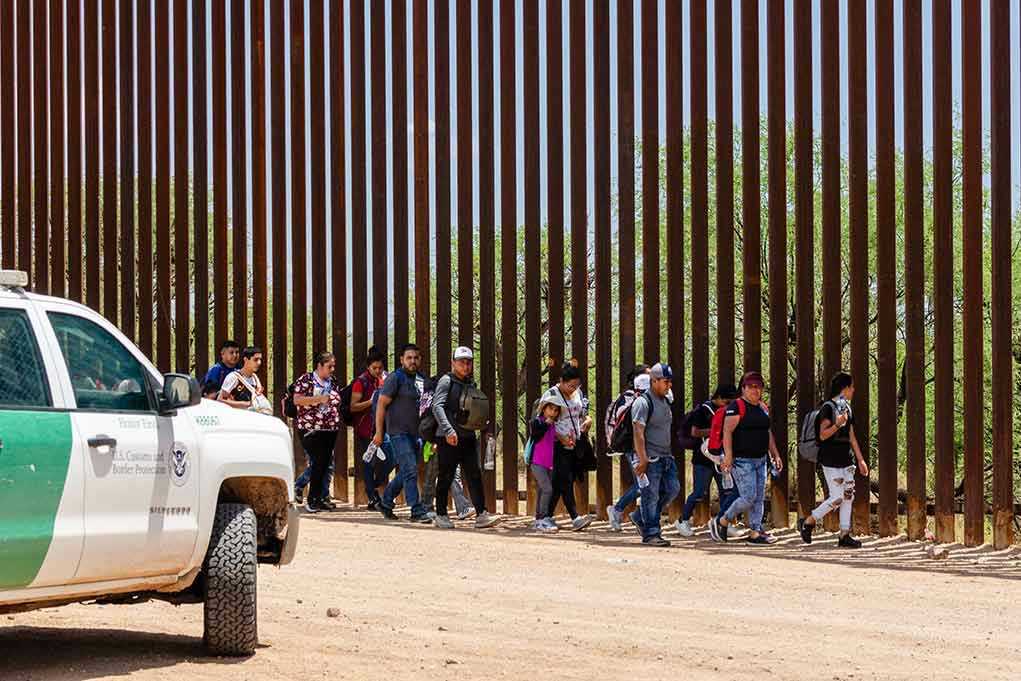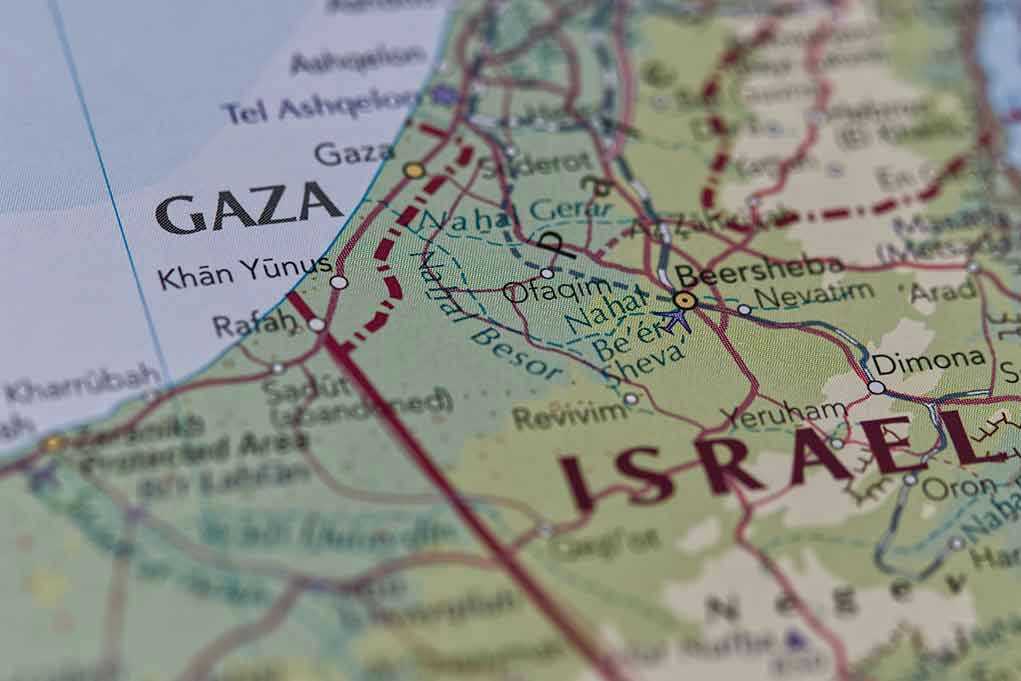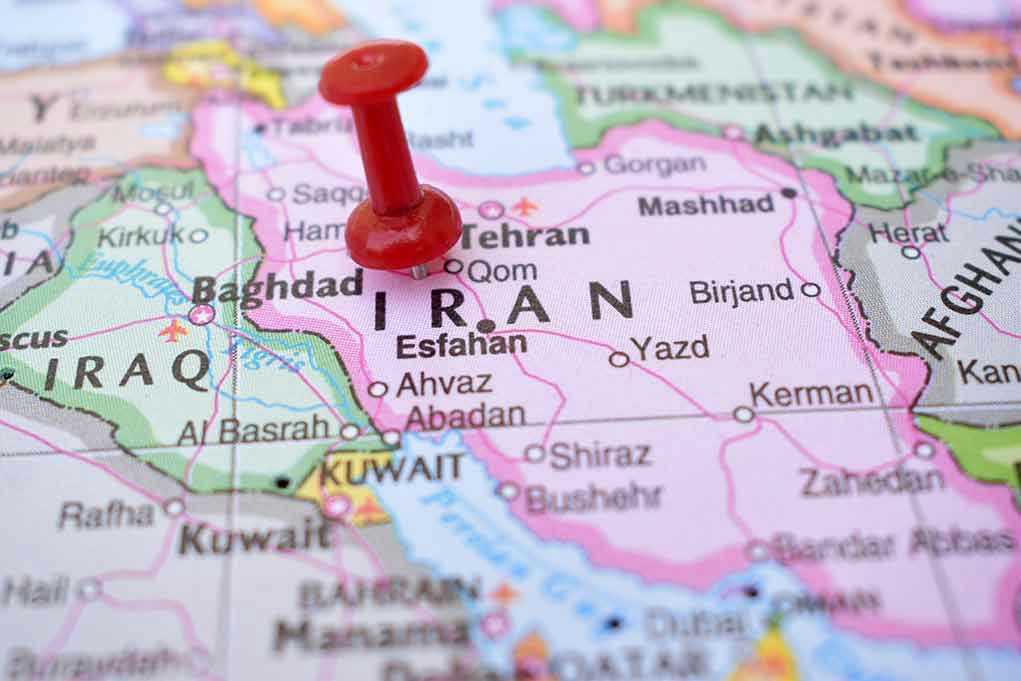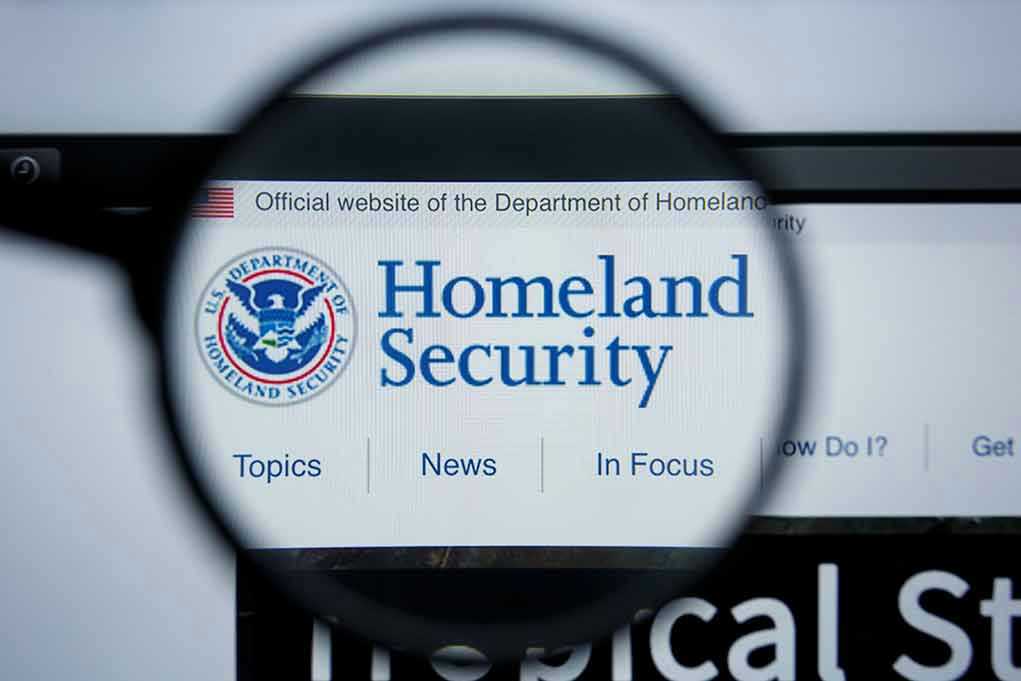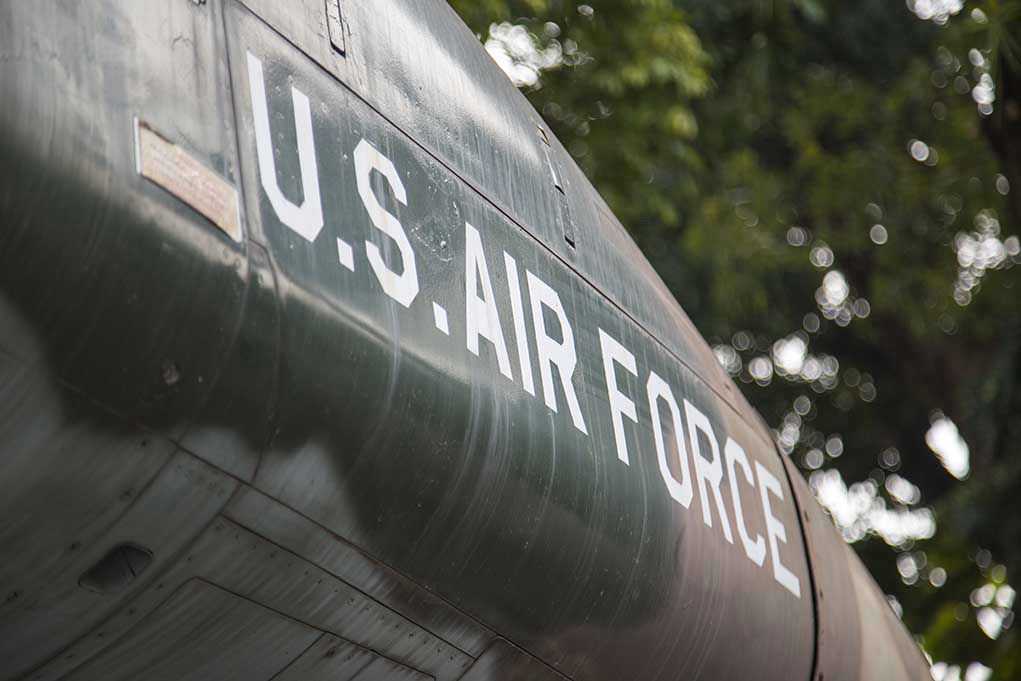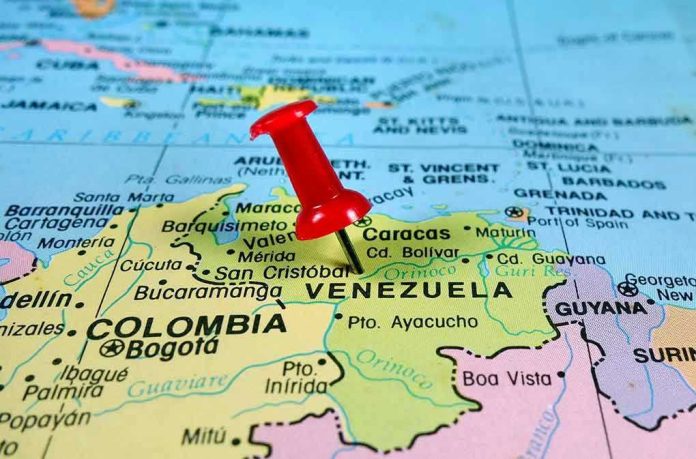
A massive U.S. military buildup in the Caribbean signals President Trump’s renewed commitment to confronting hostile regimes, while critics warn of escalating tensions with Venezuela and the risk of government overreach.
Story Snapshot
- U.S. military assets have surged in the Caribbean under President Trump to pressure Venezuela’s regime.
- The administration frames the buildup as essential to protecting American interests and curbing threats near U.S. borders.
- Critics caution that such actions could provoke conflict and test constitutional limits on executive power.
- Conservative supporters see the move as a reversal of perceived weakness and globalism under the previous administration.
Trump Administration Deploys U.S. Military Power to the Caribbean
President Donald Trump’s return to office in 2025 has brought a bold shift in America’s military posture, with a significant increase in U.S. naval ships, air assets, and troops deployed throughout the Caribbean region. Administration officials state that the primary objective is to apply direct pressure on Venezuela’s authoritarian leader, Nicolás Maduro, in response to his regime’s ongoing human rights abuses and destabilizing activities. Supporters argue this show of strength addresses longstanding threats ignored or downplayed by the previous administration.
Strategic Goals: Protecting U.S. Interests and Countering Regional Threats
The Trump administration emphasizes that the Caribbean buildup secures American sovereignty and deters adversaries near U.S. borders. Senior defense officials describe the operation as a necessary response to illicit trafficking, transnational crime, and the export of instability from Venezuela. By positioning advanced military capabilities, the administration aims to demonstrate to both allies and adversaries that the United States will not tolerate threats in its own hemisphere. These actions resonate with voters who felt America’s global leadership and security were undermined by prior policies of appeasement and disengagement.
Debate Over Executive Authority and Constitutional Safeguards
While many conservatives welcome the assertive strategy, legal observers and civil liberties advocates raise concerns about the expansion of executive power. The use of military force without explicit congressional authorization tests constitutional boundaries and revives debates about the president’s authority to deploy troops abroad in peacetime. Critics argue that unchecked executive actions could erode the system of checks and balances, inviting future overreach. Nonetheless, Trump’s supporters counter that decisive leadership is essential for national security, especially after years of perceived inaction and bureaucratic paralysis.
Domestic Reactions: Conservative Endorsement and Progressive Alarm
Across the political spectrum, reactions to the Caribbean military surge reflect deep divisions. Conservative Americans, frustrated by what they viewed as weak and ineffective foreign policy under President Biden, see the move as a restoration of American resolve and a defense of traditional values. Many believe that a robust military presence curbs illegal immigration, disrupts drug trafficking, and sends a clear message to hostile regimes. Progressive critics, however, warn of unintended consequences, including the risk of regional conflict, humanitarian crises, and backlash against U.S. interests. The administration maintains that safeguarding American families and constitutional freedoms remains the guiding principle of its foreign policy decisions.
Limited Public Information and Ongoing Developments
Details about the scope, duration, and specific objectives of the U.S. military buildup in the Caribbean remain limited, with officials citing operational security. Analysts expect further announcements as the situation evolves and as Congress and the public demand greater transparency. For now, the deployment stands as a defining feature of President Trump’s second term—one that will likely shape America’s foreign policy legacy and the ongoing debate over the balance between national security and constitutional restraint.
Sources:
US forces build up in the Caribbean




